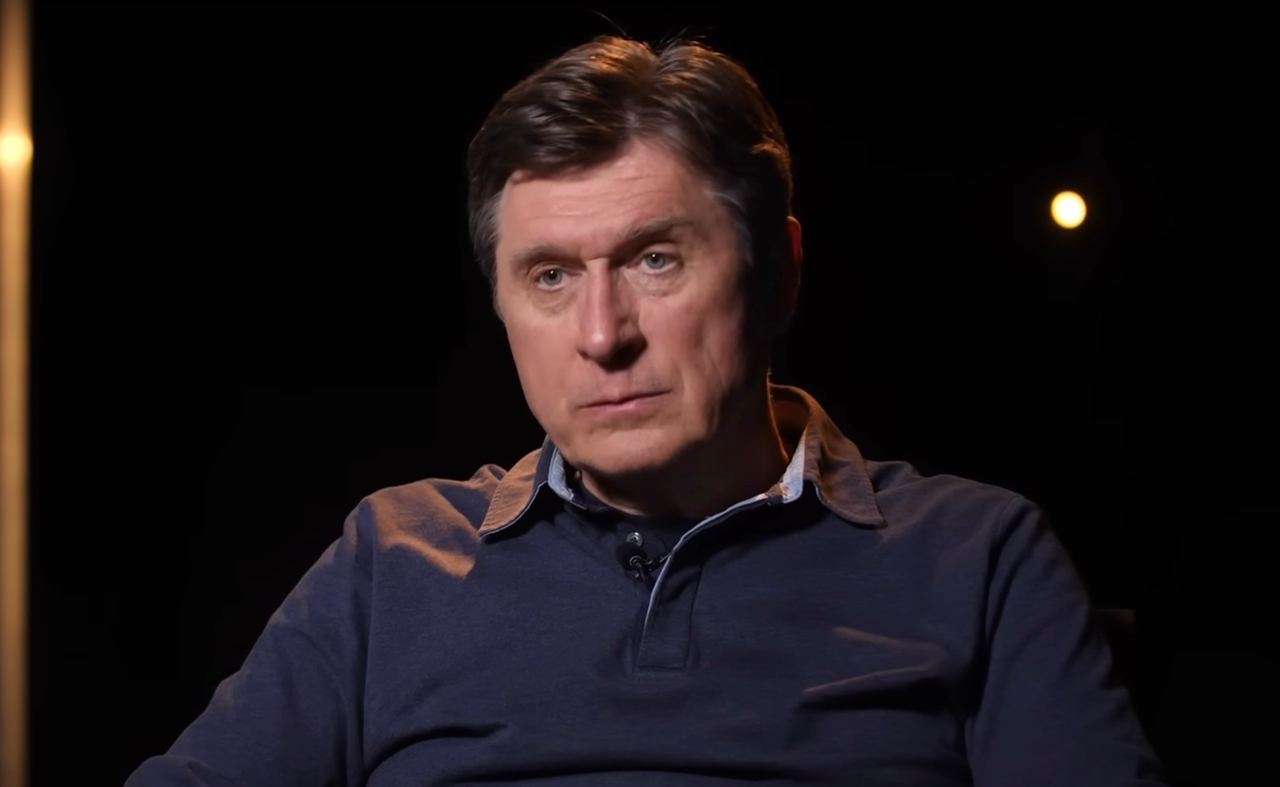Political Scientist summarizes the year and makes predictions for the next year
As another year of the Russian-Ukrainian war comes to a close, a hint of its resolution, unfortunately, remains absent on the horizon. However, it is already possible to summarize the outcomes of 2024 and make some cautious forecasts about what awaits us in 2025.
This was discussed by Volodymyr Fesenko, director of the Center for Applied Political Research "Penta," in an interview with Kashtan NEWS.
 1
1 More Challenging than Two Years Ago
When providing a general assessment of the outgoing year, Fesenko analyzes that it was likely the most complex, problematic, and alarming for Ukraine. While the beginning of 2022 was particularly risky for us—especially its first weeks and months—now the entire year has been fraught with challenges.
Losses and Attacks
Regrettably, the political scientist notes that for a significant part of the year, our Armed Forces had to retreat (especially in the Donetsk region). However, there were also achievements, the foremost being the Kursk operation.
 2
2 “Various and ambiguous assessments have been made by military experts and civilians alike. Nevertheless, this was a bright ray amid failures and problems, demonstrating once again that the Ukrainian military can advance and do so successfully,” emphasized Volodymyr Fesenko.
He also believes that large-scale air attacks by Ukraine on military infrastructure in the Russian Federation were significant achievements. The ability to strike strategic targets with drones from long distances is a considerable accomplishment.
On the Path to the EU
Another positive trend, the interlocutor is confident, is that the Ukrainian side has managed to initiate a negotiation process regarding its EU membership, albeit in a preliminary format.
Substantively, these negotiations, according to Volodymyr Fesenko, are expected to commence next year. However, their groundwork can also be attributed to this year’s positive political steps taken by the Ukrainian leadership.
 3
3 Partners and Problems
Undoubtedly, Fesenko states, there were also problems. One reason for our difficulties at the front is that during the first quarter of this year (essentially the first four months), Ukraine did not receive sufficient military aid from our Western partners, primarily from the United States. This directly contributed to our military losses.
On the Other Side of the Front
At the same time, the analyst noted that, unfortunately, our domestic political life has been somewhat less stable and less conflictual than one might hope. In this context, it’s worth mentioning perhaps the most significant positive event that occurred in the country: substantial changes in the personnel composition of the Ukrainian government.
“I would say they did not significantly alter the nature of the Cabinet's activities, but there were indeed considerable changes, as about a third of the government personnel was replaced. In this regard, it’s also important to note that significant changes affected the Office of the President,” the political expert reminded.
Meanwhile, he noted that such radical reshuffles did not particularly impact the essence of politics or its direction. However, Volodymyr Fesenko suggested that these rotations might serve as a sort of compensation for the lack of elections to the country’s political Olympus due to objective reasons.
The Economy Endured
This third year of war, despite significant losses in the energy sector, the Ukrainian economy demonstrated not only resilience but also some growth, made possible by several factors: primarily international financial support, relatively stable exports of Ukrainian agricultural products, and the titanic efforts of our energy workers to restore damaged energy facilities. Additionally, a strong domestic demand for goods and services played a considerable role.
 4
4 What to Expect Next Year
The main expectation that everyone has (some with anxiety, others with hope) is the commencement of negotiations to end the war.
“This is the primary expectation. In my opinion, next year will be a year of fluctuations between war and peace,” believes Volodymyr Fesenko.
With a high probability, he indicated that we should anticipate the beginning of peace negotiations between the parties involved in the armed conflict. However, regarding the outcome of these negotiations, there is no certainty. Various scenarios could unfold.
Trump's Moves
If the newly elected President of the United States and American politicians are very persistent and effective in their pressure on Russia, and if Putin decides that it would be better to gain certain bonuses in the form of a moratorium on Ukraine's NATO membership and a partial easing of Western sanctions against the Russian Federation, then perhaps the Russian dictator might agree to a ceasefire. There are chances for this. However, it is not the most likely scenario.
 5
5 The Peace Process Depends on Military Actions
At the same time, another probable scenario for the next year, according to Volodymyr Fesenko, is that negotiations between both sides will begin and drag on indefinitely.
“Simultaneously, active hostilities will continue. That is, both the war and negotiations will proceed concurrently. This is the most likely scenario awaiting us. However, in either case, everything depends on whether we succeed in halting the enemy's advance. This will be the primary prerequisite for the development of further positive events: if the Ukrainian military manages to achieve this and stabilize the front line, then after some time, there will be a real chance for cessation of hostilities, agreements on a truce, or freezing the active phase of the war. Otherwise, the war will continue, and Putin will attempt to exert further pressure,” predicted political scientist Volodymyr Fesenko.
Yevhen DEM’YANOV